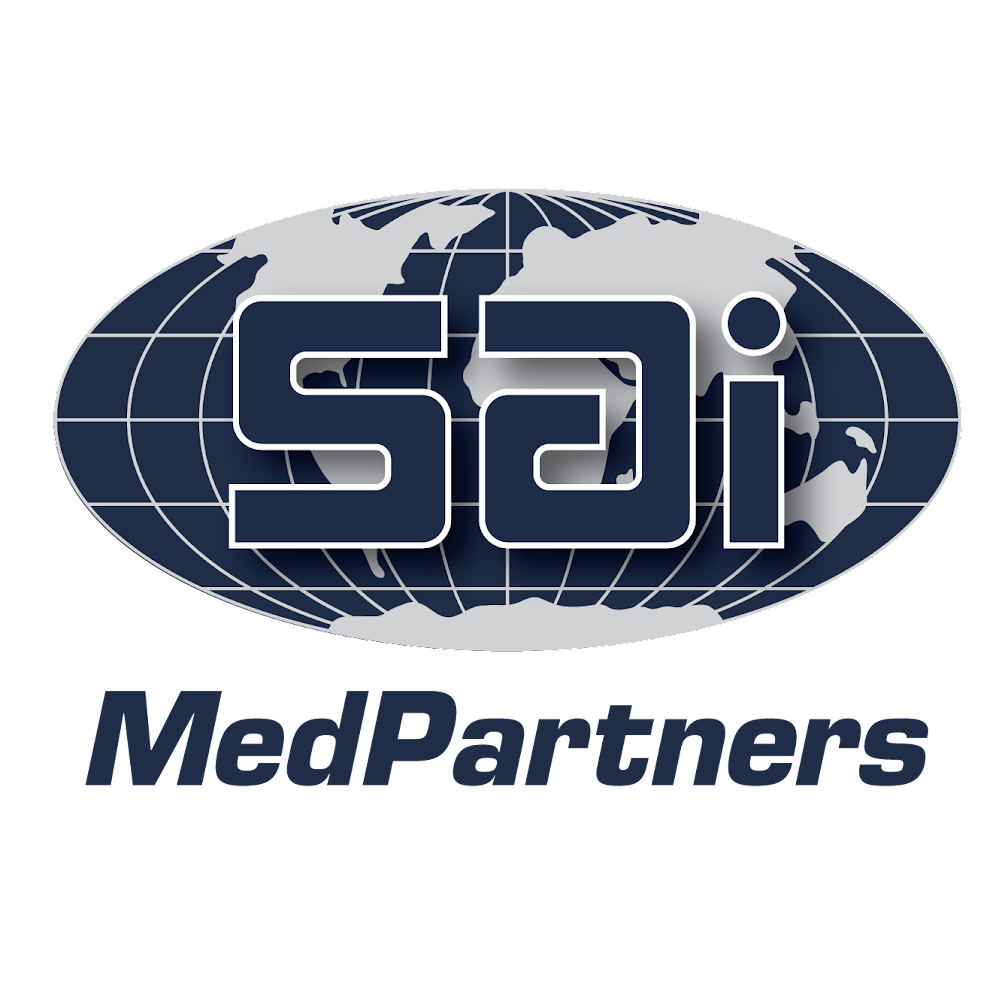Joint Clinical Assessment (EU HTA) Explained
A Comprehensive Exploration of Competitive Intelligence, Knowledge-Sharing, and Strategic Optimization in the Evolving Landscape of EU Health Technology Assessments.

The first companies undergoing the JCA process in 2025 will indeed be pioneers, blazing a trail for others to follow. These early adopters will be the first to gain practical experience with the JCA, providing valuable insights into the challenges and opportunities associated with the process. As they navigate the complexities of the JCA, these companies will inevitably develop strategies and best practices that contribute to their success.
However, as you rightly point out, not all companies will be willing to share their experiences openly. In a competitive market environment, companies may view their knowledge of the JCA process as a valuable asset and guard it closely as a trade secret. This creates a challenge for other companies seeking to understand the key success factors and optimize their approach to the JCA.
This is where competitive intelligence plays a crucial role. Competitive intelligence involves gathering, analysing, and interpreting information about competitors, market trends, and industry developments to gain a competitive advantage. In the context of the JCA, competitive intelligence can help companies learn from the experiences of others and identify strategies and tactics that contribute to success.
By skillfully gathering information from multiple sources, including public records, regulatory filings, industry publications, and market research reports, companies can gain insights into the approaches and outcomes of their competitors undergoing the JCA process. This information can help companies identify patterns, trends, and best practices that inform their own approach to the JCA.
Moreover, competitive intelligence enables companies to benchmark their performance against industry peers and identify areas for improvement. By comparing their approach to the JCA with that of their competitors, companies can identify gaps, weaknesses, and opportunities for enhancement. This allows companies to refine their strategies, optimize their resources, and increase their chances of success in the JCA process.

In addition to competitive intelligence, collaboration and knowledge-sharing among industry stakeholders are essential for navigating the complexities of the JCA. Industry associations, trade groups, and professional networks can serve as valuable forums for sharing insights, exchanging best practices, and collectively addressing challenges associated with the JCA. By fostering a culture of collaboration and knowledge-sharing, stakeholders can collectively advance their understanding of the JCA and optimize their approach to market access within the EU.
In conclusion, the introduction of the JCA represents a paradigm shift in the evaluation of medicines within the EU. As companies embark on this new journey, they face significant challenges and uncertainties. However, by leveraging competitive intelligence and fostering collaboration among industry stakeholders, companies can gain valuable insights, identify key success factors, and optimize their approach to the JCA. In doing so, they can enhance their chances of securing timely access to innovative therapies and improving patient outcomes across the EU.
Sources:
- Regulation (EU) 2021/2282 of the European Parliament and of the Council of 15 December 2021 on health technology assessment and amending Directive 2011/24/EU. EUR-Lex. https://eur-lex.europa.eu/legal-content/EN/TXT/?uri=CELEX:32021R2282. Retrieved Jan 30 2024.
- HTAR (HTA-Regulation): Implementation in Austria. Austrian Institute for Health Technology Assessment GmbH. https://aihta.at/page/htar-hta-verordnung-implementierung-in-oesterreich/en. Retrieved Jan 31 2024.
- D4.2 Practical Guideline on Scoping Process. EUnetHTA. https://www.eunethta.eu/wp-content/uploads/2022/09/EUnetHTA-21-D4.2-practical-guideline-on-scoping-process-v1.0.pdf. Retrieved Feb 14 2024.
- D5.1 Submission Dossier Guidance. EUnetHTA. https://www.eunethta.eu/wp-content/uploads/2022/12/EUnetHTA-21-D5.1-Submission-Dossier-Guidance-v1.0.pdf. Retrieved Feb 15, 2024.
- EUnetHTA 21 – Stakeholder Kick Off Meeting. EUnetHTA. https://www.eunethta.eu/wp-content/uploads/2021/12/EUnetHTA-21-Stakeholder-Meeting-03.12.-FOR-WEBSITE.pdf.
- Joint HTA Work. EUnetHTA. https://www.eunethta.eu/jointhtawork/. Retrieved Jan 30 2024
- EU Regulation on Health Technology Assessment (HTA). MedTech Europe. https://www.medtecheurope.org/news-and-events/press/eu-regulation-on-health-technology-assessment-hta/. Retrieved Feb 14 2024
- Proposals On EU-Wide Joint Clinical Assessments Fall Short, Warn German Industry Groups. Pink Sheet Pharma Intelligence. https://pink.pharmaintelligence.informa.com/PS147635/Proposals-On-EUWide-Joint-Clinical-Assessments-Fall-Short-Warn-German-Industry-Groups. Retrieved Feb 12 2024
Similar posts:
In the healthcare regulation sphere, proposed EU-level joint clinical assessments (JCAs) have sparked debate in the pharmaceutical industry. A recent EFPIA report highlights concerns about the rigidity of the guidelines, particularly in oncology, and suggests revisions to ensure a more efficient and adaptable evaluation process that accommodates diverse stakeholder needs across Europe. In the realm […]
What rare disease day means for our work at SAI Every leap year, on the 29th of February, the world pauses to acknowledge Rare Disease Day—a beacon of solidarity for the millions navigating the labyrinth of rare and often isolating medical conditions. It’s a day that transcends boundaries, echoing the voices of patients, caregivers, and […]
In the dynamic world of pharmaceutical services, strategic investments play a vital role in shaping the future of organizations. We are happy to announce that we have recently made headlines with our strategic acquisitions of Fulcrum Research Group (FRG) and Pharmaforce International (PFI). To shed light on the motivations behind these investments and the vision driving SAI MedPartners forward, we had the privilege of sitting down with the company’s CEO, Erik Nordhoy.

